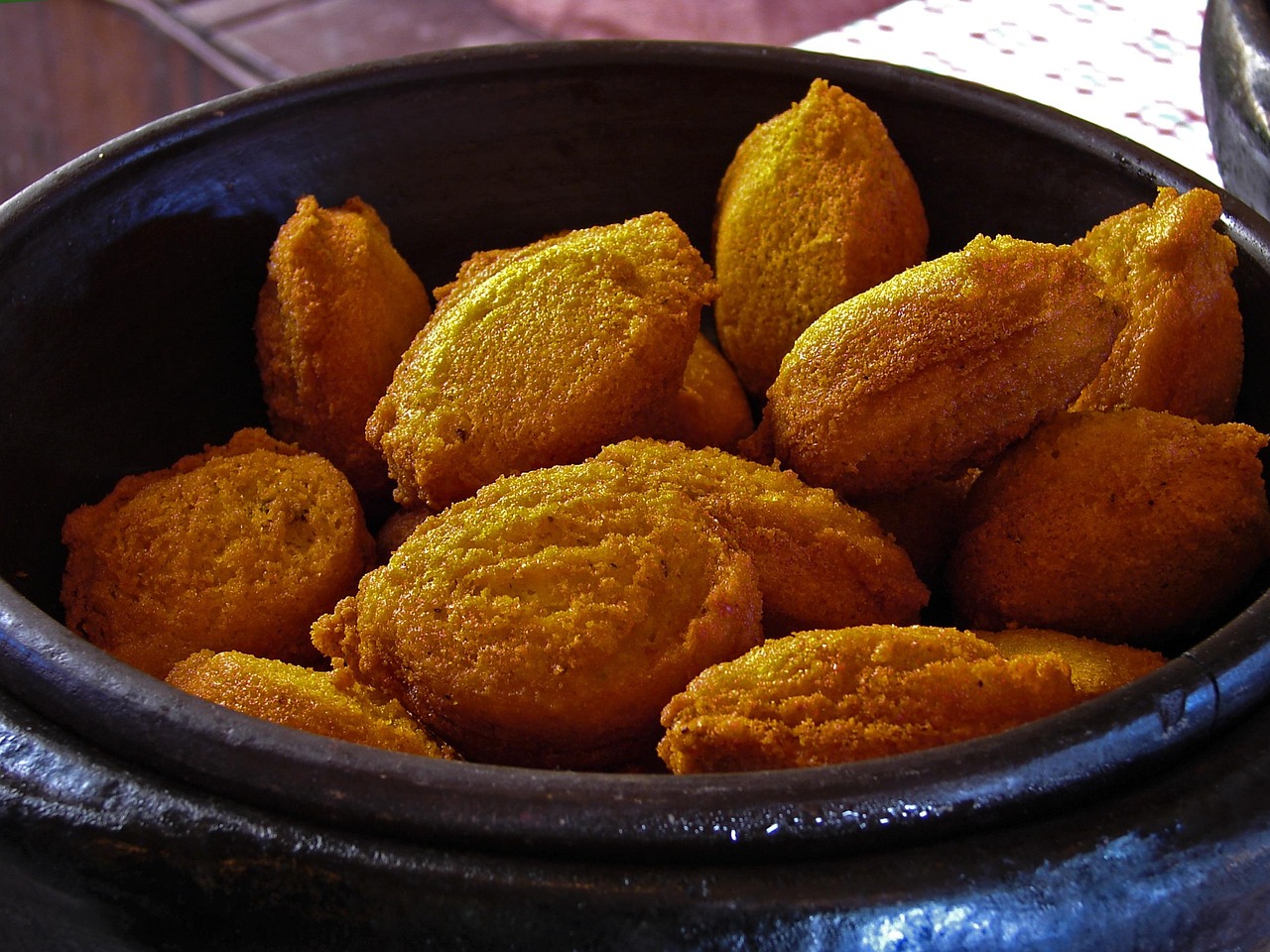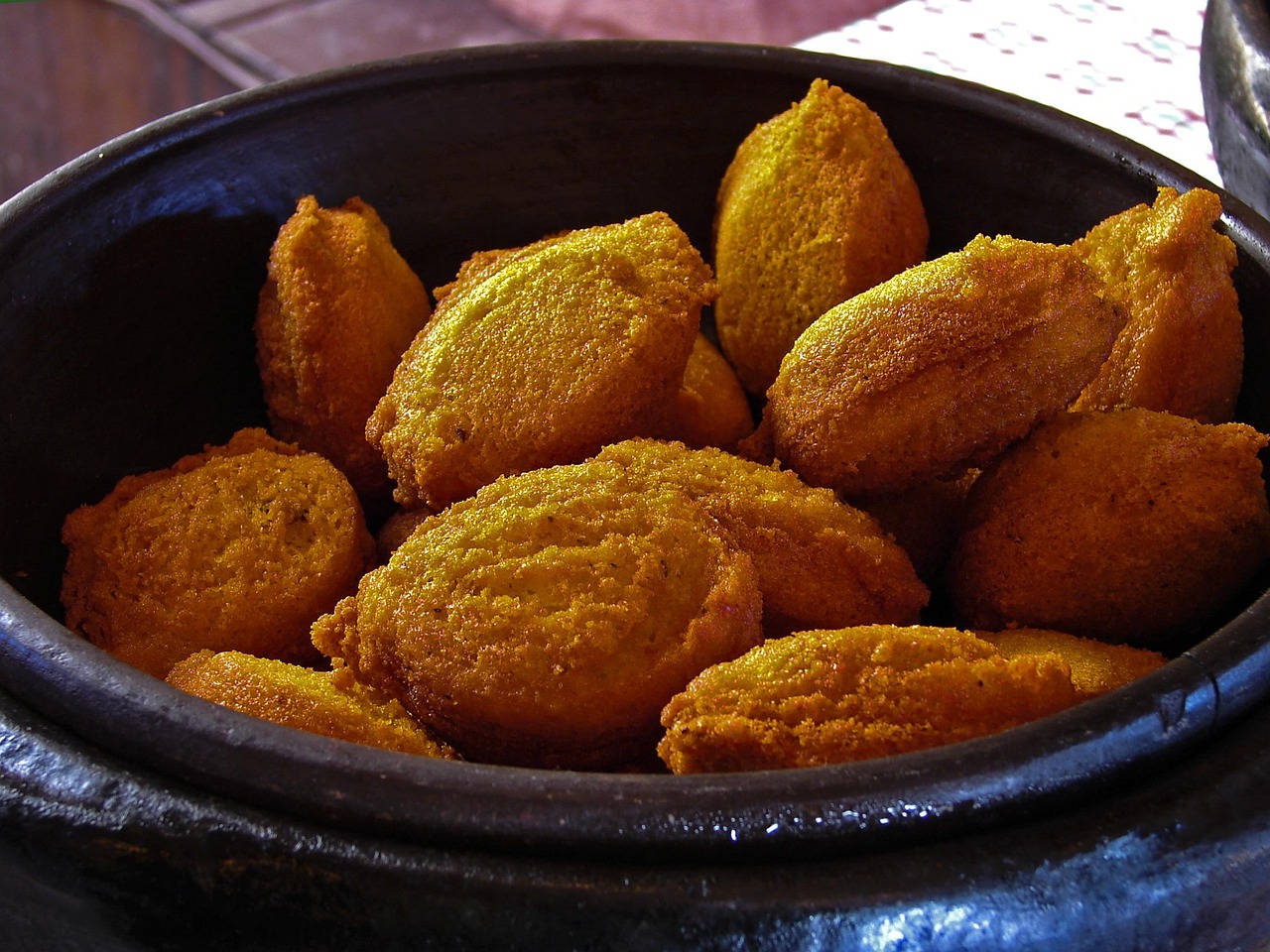A Culinary Journey:Exploring the World Through the Lens of High School English Composition
Introduction
In the vast tapestry of human culture, food stands as a universal language, a means of communication that transcends borders and bridges the gaps between diverse populations. As a high school English composition, the exploration of food not only serves as a delightful culinary adventure but also as a profound study in cultural exchange and personal growth. This essay delves into the significance of food in our lives, its role in shaping our identities, and the ways in which it can be used as a medium for storytelling and understanding the world.
The Cultural Significance of Food
Food is more than just sustenance; it is a reflection of our history, our traditions, and our values. Each culture has its own unique cuisine, which is a testament to the diversity and richness of human experience. For instance, the intricate preparation methods and flavors of Chinese cuisine tell stories of ancient dynasties and the philosophical underpinnings of Confucianism. Similarly, the hearty stews and breads of Russian cuisine speak to the harsh winters and the communal spirit of the people.
In high school English composition, students are often tasked with writing about personal experiences and cultural observations. Food is an excellent subject for such essays because it is relatable and deeply personal. By writing about food, students can express their cultural heritage, family traditions, and personal tastes in a way that is both engaging and informative.
The Role of Food in Identity Formation
Identity is a complex construct that is shaped by numerous factors, including our cultural background, personal experiences, and social interactions. Food plays a significant role in the formation of identity, as it is often tied to our earliest memories and most cherished traditions. For many, the smell of a particular dish can evoke a flood of memories, transporting us back to our childhood homes or significant life events.

In high school English composition, students can explore the concept of identity through the lens of food. By writing about the dishes that hold special meaning to them, students can uncover the deeper connections between food and their sense of self. This can lead to a greater understanding of their own cultural identity and the identities of others.
Food as a Medium for Storytelling
Food is not just a subject for essays; it is also a powerful storytelling tool. Throughout history, stories have been passed down through generations, often with food as a central theme. From the biblical story of the Last Supper to the Chinese legend of the Mooncake Festival, food has been used to convey moral lessons, historical events, and cultural values.
In high school English composition, students can use food as a narrative device to create compelling stories. By weaving food into their narratives, students can add depth and richness to their writing, making their stories more vivid and engaging. For example, a story about a family's annual Thanksgiving dinner can serve as a backdrop for exploring themes of family dynamics, tradition, and change.
Understanding the World Through Food
Food is a window into the world, offering insights into the lives of people from different cultures and backgrounds. By studying food, we can learn about the history, geography, and social structures of various societies. For example, the popularity of street food in Southeast Asia reflects the region's history of trade and the importance of communal eating.
In high school English composition, students can use food as a means of understanding and connecting with the world. By researching and writing about different cuisines, students can gain a broader perspective on global issues and foster a deeper appreciation for cultural diversity.
The Process of Writing About Food
Writing about food in high school English composition involves several steps. First, students must choose a topic that is both interesting and relevant to their own experiences or the experiences of others. This could be a personal narrative about a family recipe, an analysis of the cultural significance of a particular dish, or an exploration of the role of food in a specific historical event.
Next, students should conduct research to gather information about their chosen topic. This may involve reading books, articles, and online resources, as well as speaking with family members or other individuals who have knowledge about the subject. The more information students have, the more nuanced and informed their writing will be.
Once students have gathered their research, they can begin to draft their essay. It is important to organize the information in a logical and coherent manner, using clear and concise language. Students should also strive to make their writing engaging and relatable, using descriptive language and vivid imagery to bring their subject to life.
Finally, students should revise and edit their work, ensuring that their essay is polished and free of errors. This may involve seeking feedback from teachers, peers, or family members, as well as proofreading for grammar, spelling, and punctuation.
Conclusion
In conclusion, food is a powerful subject for high school English composition, offering students the opportunity to explore cultural identity, storytelling, and global understanding. By writing about food, students can develop their writing skills, deepen their cultural knowledge, and foster a greater appreciation for the diverse tapestry of human experience. As they embark on this culinary journey, students will discover that food is not just a source of nourishment but also a key to unlocking the secrets of the world around them.











